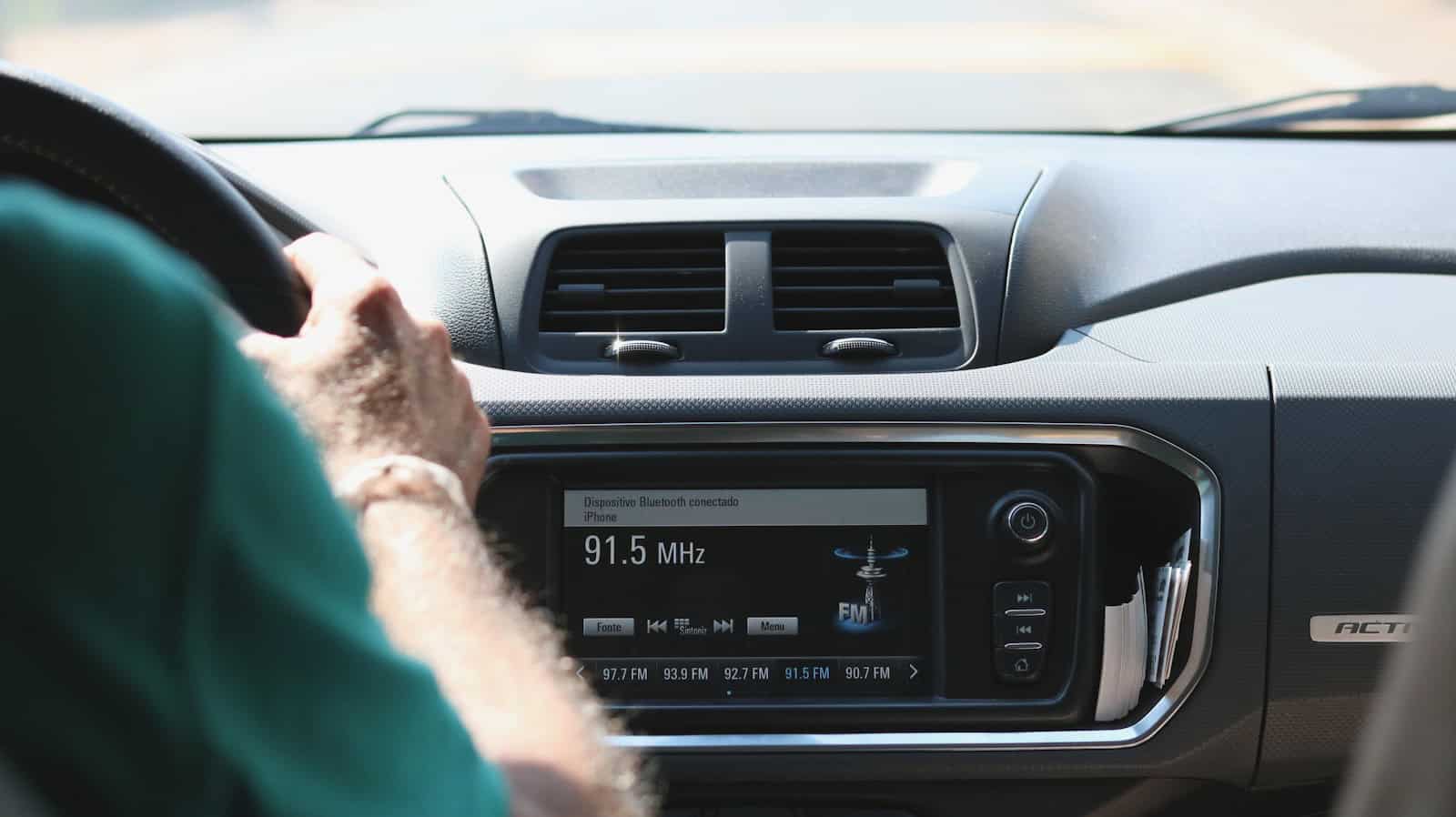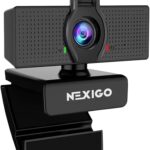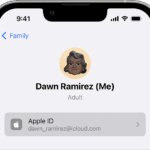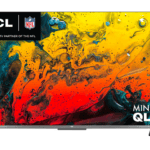Car radios are a standard feature in vehicles, providing entertainment and information while driving. However, like any electronic device, they can experience issues that affect their function. Common problems include loose wiring, battery issues, no power, no sound, poor reception, or CD player problems. Learning how to deal with these problems can be helpful for those who want to fix their car radio on their own without professional help. With the right tools and guidance, you can troubleshoot and potentially resolve these common car radio problems.
Keep safety in mind – if you’re unsure about any steps, seek professional assistance. Troubleshooting car radio issues starts with identifying the root cause in a methodical way, such as checking for a blown fuse or a faulty head unit. It’s important to take proper safety precautions, like disconnecting the power before inspecting the internal components. Understanding how car radios work and what can go wrong can help you diagnose problems and decide whether a repair is something you can handle on your own or if it’s time to seek professional help.

Troubleshooting Your Car Radio
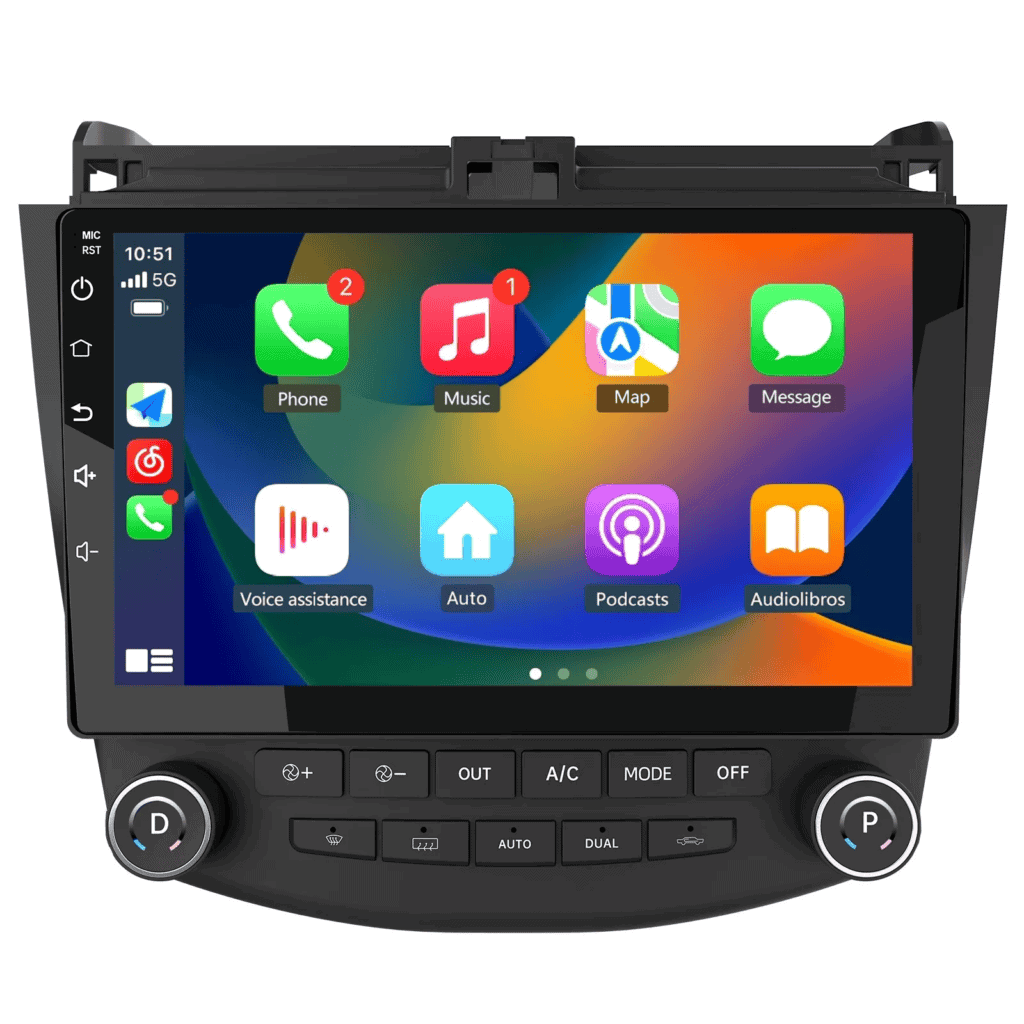
Common Car Radio Problems & Their Causes
- No power at all:
- Blown fuse – A power surge or electrical fault can cause the fuse that powers the radio to blow.
- Loose or disconnected wiring harness – The wires connecting the radio to the car’s electrical system might have become loose or disconnected.
- Faulty head unit (the radio itself) – The radio’s internal components may have malfunctioned.
- Ignition switch problems – A faulty ignition switch can prevent power from reaching the radio.
- Radio turns on but no sound:
- Blown speaker fuse – A separate fuse might protect the speakers; if it’s blown, you’ll get power but no audio.
- Damaged speakers – The speakers themselves might be blown or have wiring issues.
- Faulty amplifier (if your car has one) – An issue with the amplifier can cut off sound to the speakers.
- Incorrect audio settings – Check the fader and balance settings to ensure audio isn’t directed away from all speakers.
- Poor radio reception (AM/FM):
- Damaged or disconnected antenna – The antenna might be broken, loose, or its cable disconnected.
- Poor antenna location – Sometimes, the antenna’s position can affect reception.
- Interference from other electronics – Other devices in the car or nearby can sometimes interfere with the radio signal.
- CD player issues:
- Stuck CD – A mechanical issue might prevent the CD from ejecting or playing.
- Dirty or scratched CD – Dust or scratches can make a CD unreadable.
- Faulty CD player mechanism – The laser or other internal parts of the CD player might need repair.
Basic Troubleshooting Steps You Can Try
- Check the fuses: Locate your car’s fuse box (usually under the dash or in the engine bay) and consult the owner’s manual to identify the radio fuse. If it’s blown, replace it with a new one of the same amperage.
- Check the wiring harness: Make sure the wiring harness at the back of the radio is securely connected.
- Inspect the antenna: Check for any visible damage to the antenna and its cable. If the antenna is loose, tighten it.
- Clean the CD player: If you’re having CD issues, try cleaning the CD with a microfiber cloth and using a CD lens cleaning kit to clean the laser lens inside the player.
- Reset the radio: Some radios have a reset button or a procedure to reset them to factory settings. Check your owner’s manual for instructions.
- Disconnect the battery: As a last resort, try disconnecting the car’s battery for a few minutes and then reconnecting it. This might reset the radio and resolve some software glitches.
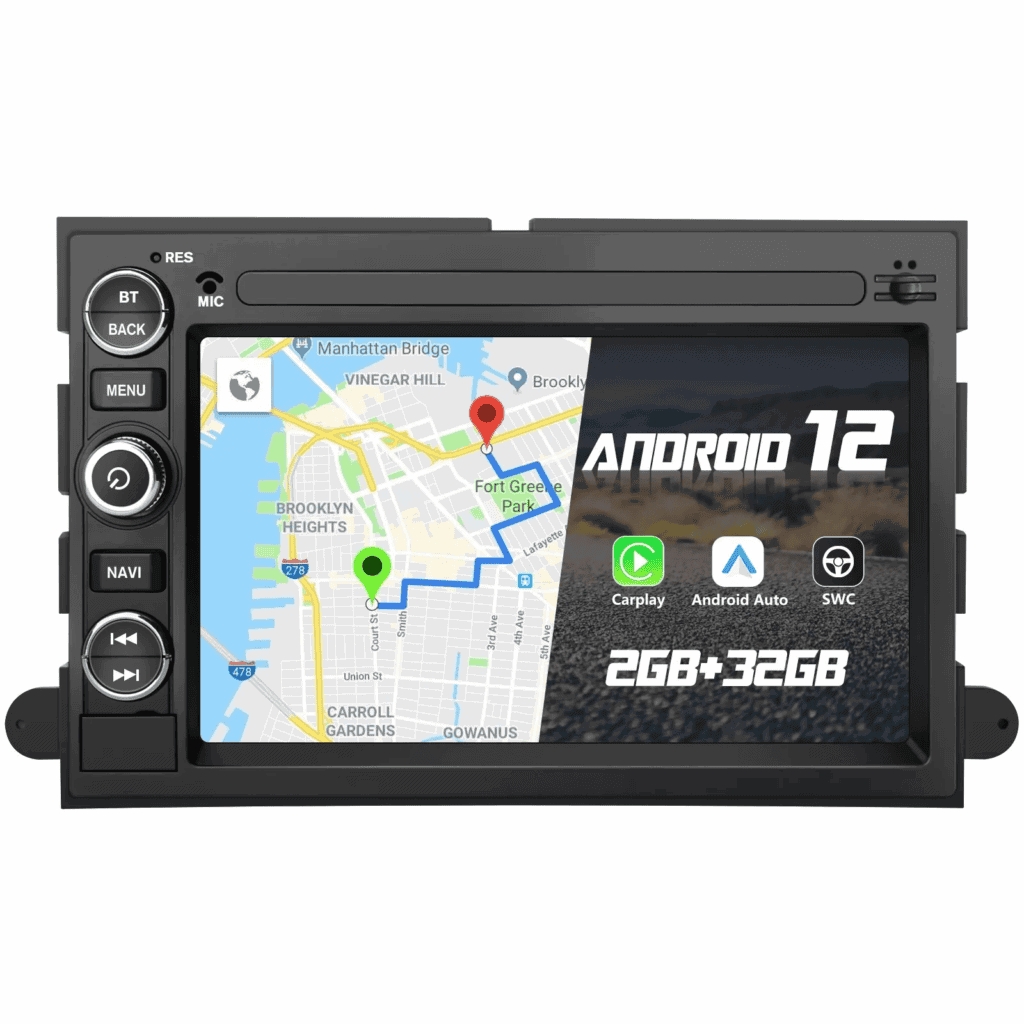
When to Seek Professional Help
If basic troubleshooting doesn’t solve the problem or if you’re uncomfortable working with car electronics, it’s best to consult a professional car audio technician. They have the tools and expertise to diagnose and fix complex issues, potentially saving you time and money in the long run.
Key Takeaways
- Car radio issues range from simple to complex and can often be self-diagnosed.
- Safety is key when troubleshooting, including disconnecting power before internal inspections.
- Professional repair services can resolve problems beyond the scope of DIY fixes.
Understanding Car Radio Systems
Car radio systems are essential for entertainment and information while driving. They have evolved from simple AM/FM receivers to complex infotainment systems that offer various media playback options and navigation.
Components and Functions
The basic components of a car radio system include the head unit, speakers, amplifier, and sometimes a CD or DVD player. Modern systems may also have aux inputs, USB ports, and Bluetooth connectivity. The head unit acts as the control center allowing drivers to tune into AM or FM radio signals, play CDs, or stream music. Speakers are strategically placed in the car to provide quality sound. An amplifier increases audio signal strength, improving sound clarity and volume. Additional features like GPS navigation and media management are common in new models.

Types of Car Radios
Different car radios cater to various needs. The simplest radios offer AM and FM radio with basic sound settings. More advanced stereo systems may include a CD player, allowing for high-quality CD audio playback. Some radios are part of larger infotainment systems, integrating audio, video, and navigation into one unit often controlled via touchscreens or voice commands. The inclusion of aux inputs and Bluetooth expands the connectivity, allowing for streaming from external devices.
Troubleshooting and Repair
Repairing a car radio can seem complex but knowing a few basic steps can guide you through most issues.
Diagnostic Steps
Begin by checking the car battery and ensure the connections are secure. The radio may not function if the battery is weak or the terminals are dirty. Use a multimeter to test the battery voltage. You can also perform a bench test by removing the radio and hooking it up to a power source and speakers to see if it works outside of the car.
Common Issues and Solutions
Loose Wiring or Connections: Inspect the back of the radio unit for loose wires and resecure them with care. Use soldering if necessary.
Blown Fuse: Locate the car’s fuse box and find the radio fuse. Replace it if it’s blown. This is often seen with a broken wire inside the fuse.
Static or Poor Sound Quality: Check the antenna for damage or poor connections. Reconnect or replace the antenna if needed. Also, check the speakers and their connections for any issues.
Radio Code Errors: For radios that require a code, refer to the car’s manual or contact the dealership for assistance.
When to Seek Professional Help
If the diagnostic steps do not solve the problem, consider hiring a professional. Complex issues like alternator whine or an amplifier that needs fixing call for a mechanic’s knowledge. It’s often best to seek professional help when you’re out of your depth or if installing a new radio is in order.
Frequently Asked Questions
Troubleshooting car radio issues can be simple with the right approach. This section provides clear steps and insights to address common problems you might face with your car radio.
How can I diagnose issues with my car radio?
To find the root of your car radio problem, start with the basics like checking the power source and ensuring all connections are secure. Look at the fuse and make sure it’s not blown.
What should I expect to pay for car radio repairs?
Repair costs can vary widely. Minor fixes might be under $100. However, more complex repairs, especially for modern systems, could exceed a few hundred dollars.
What are the common signs that a car radio fuse is blown?
If your car radio won’t turn on at all, one of the first things to check is the fuse. Other signs of a blown fuse include a radio that turns off suddenly or a display that doesn’t light up.
Which professional services are recommended for vintage car radio repairs?
For vintage car radios, it’s best to seek specialists who focus on classic models. They can handle the unique repairs older units need.
How can I resolve a no sound issue from my car radio?
Firstly, check if the problem is not related to volume settings or mute functions. If these are fine, inspect the speakers and wiring connections for issues.
What steps should I take if my car radio suddenly stops working?
Should your car radio cease to work unexpectedly, reset it by disconnecting the battery for a few minutes. If this doesn’t work, seek professional help as the issue may be internal.

